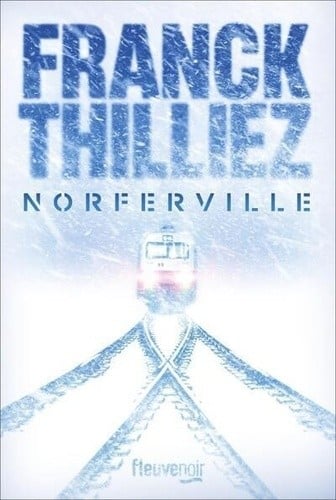En cours de chargement...
Mao'S War Against Nature. Politics And The Environment In Revolutionary China
22,40 €
Neuf
Expédié sous 2 à 4 semaines
Livré chez vous entre le 8 octobre et le 22 octobre
En librairie
Résumé
In clear and compelling prose, Judith Shapiro relates the great, untold story of China in the Mao years - the devastating impact of Maoist politics on China's environment. Under Mao, the traditional Chinese ideal of "Harmony between the Heavens and Humankind" was abrogated in favor of Mao's insistence that "Man Must Conquer Nature." Mao and the Chinese Communist Party's "war" to bend the physical world to human will often have disastrous consequences for both human beings and the natural environment. Mao's War Against Nature argues that the abuse of people and the abuse of nature are often linked. The book opens with the story of the political persecution of two scientists during the 1957 Anti-rightist movement, Beijing University president Ma Yinchu, who cautioned against unchecked population growth, and hydro-engineer Huang Wanli, who opposed the Sanmenxia Dam on the main stream of the Yellow River and predicted correctly that the dam would be an environmental and economic mistake. Shapiro then shows how, during the Great Leap Forward, urgency to achieve utopian socialism led to widespread deforestation as trees were cut to fuel "backyard furnaces." Fanciful agricultural schemes and competitions to produce impossible yields sapped farmers' energy, impoverished the land's productivity, and contributed to the greatest human-made famine in history. During the Cultural Revolution, China's environmental misadventures rock another turn when the Dazhai model for remolding the earth was misapplied throughout China, ignoring regional variations and local practices; when wetlands in Yunnan's Lake Dian were filled in 1970, the lake region ecosystem was irretrievably damaged and the reclaimed land was unusable for grain. Finally, Shapiro explores the environmental consequences of state-ordered relocations during the "war preparation" campaign of the late 1960s and early 1970s, when strategic industries were transferred to the interior to form a defensive "Third Front" and millions of young Chinese were sent to frontiers to "open wastelands" and prepare for war. The negative example of the Mao years points to the importance of political participation, public deliberation and oversight, intellectual freedom and rule of law, respect for regional variation and local wisdom, and land tenure systems that give people a sense of responsibility for the land and of a shared future with it. This story of Mao-era environmental degradation not only presents a cautionary tale of historical significance but also explores the social and historical roots of patterns that affect not just China but the world.
Sommaire
- POPULATION, DAMS, AND POLITICAL REPRESSION: A Story of Two Environmental Disasters and the Scientists Who Tried to Avert Them
- DEFORESTATION, FAMINE, AND UTOPIAN URGENCY: How the Great Leap Forward Mobilized the Chinese People to Attack Nature
- GRAINFIELDS IN LAKES AND DOGMATIC UNIFORMITY: How "Learning from Dazhai" Became an Exercise in Excess
- WAR PREPARATIONS AND FORCIBLE RELOCATIONS: How Factories Polluted the Mountains and Youths "Opened" the Frontiers
- THE LEGACY
Caractéristiques
-
Date de parution01/01/2001
-
Editeur
-
ISBN0-521-78680-0
-
EAN9780521786805
-
PrésentationBroché
-
Nb. de pages290 pages
-
Poids0.45 Kg
-
Dimensions15,0 cm × 23,0 cm × 2,0 cm
Avis libraires et clients
Avis audio
Écoutez ce qu'en disent nos libraires !
À propos de l'auteur
Biographie de Judith Shapiro
Judith Shapiro is co-author of several well-known books on China including Son of the Revolution (1983), a memoir of the Cultural Revolution, After the Nightmare (1986), a study of the reform period, and Cold Winds, Warm Winds (1986), a discussion of the limitations on intellectual freedom in today's China. She lives in Washington, D.C., where she teaches environmental politics at American University.Mao'S War Against Nature. Politics And The Environment In Revolutionary China est également présent dans les rayons
- Livres Loisirs, nature & voyages Développement durable Environnement
- Livres Médecine, sciences, techniques Ecologie Environnement
- Livres Médecine, sciences, techniques Physique, chimie & biologie Ecologie & environnement Ecologie
- Livres Médecine, sciences, techniques Physique, chimie & biologie Ecologie & environnement Environnement





